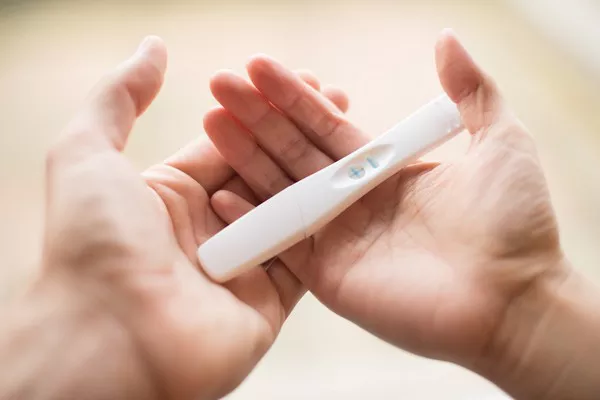Researchers at the University of Aberdeen are testing a new drug that could potentially help women with ectopic pregnancies avoid emergency surgery. Ectopic pregnancies, where the embryo develops outside the womb, typically in the fallopian tube, occur in about 1 in 90 pregnancies and can be life-threatening.
Currently, about 40% of women with ectopic pregnancies can be treated with medication. However, the existing drug, methotrexate, is effective in only approximately 70% of cases, leaving about 30% of patients requiring surgery to remove the fallopian tube. The new drug, still in the trial phase, aims to increase the percentage of successful medical treatments and reduce the need for surgical intervention.
The trial, set to involve hundreds of women across 40 UK hospitals, will test the efficacy of combining methotrexate with the hormone mifepristone, which blocks progesterone, a key hormone in pregnancy. This could represent a significant advancement in the treatment of ectopic pregnancies, a field that has seen little innovation in two decades.
Dr. Andrea Woolner, senior clinical lecturer at Aberdeen, will lead the trial. She emphasized the importance of this research, noting the significant physical and emotional impact of ectopic pregnancies on women and their families.
Helen Corsicadmore from Cardiff, who underwent surgery for two ectopic pregnancies, shared her experience, highlighting the profound physical and emotional recovery required. Her cases were initially managed with methotrexate, but she ultimately required surgery after a rupture.
The trial, funded by the Medical Research Council (MRC) and the National Institute for Health and Care Research (NIHR), is expected to commence later this year with results anticipated in 2027. It will involve a collaborative team from several prestigious institutions, including the universities of Edinburgh, Nottingham, Birmingham, University College London, Monash University, Imperial College London, and The Ectopic Pregnancy Trust.


